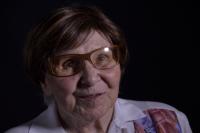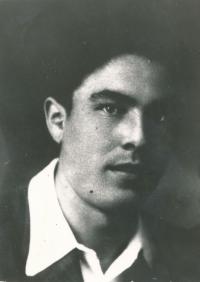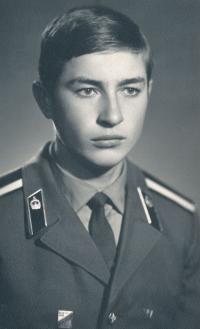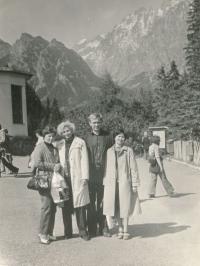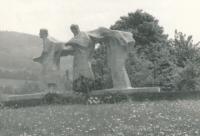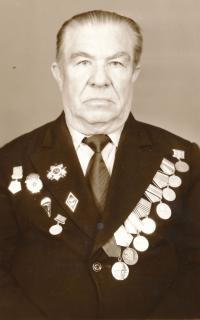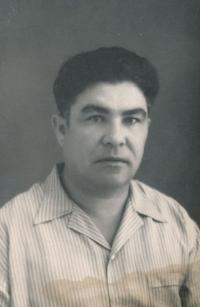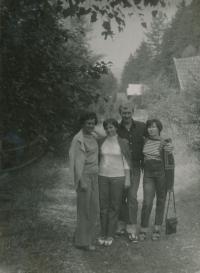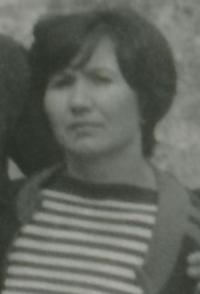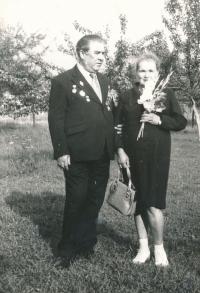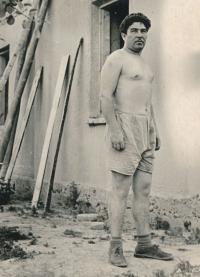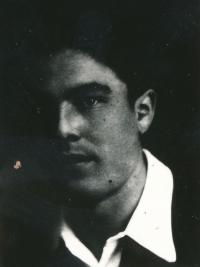We were constantly afraid

Stáhnout obrázek
Vlasta Klačanská, née Košárková, was born on 5 March 1931 in Valašské Meziříčí, Vsetín District. In 1944th her parents took in the Soviet partisan Nikolai Alexandrovich Kuzmin, and from that time the family began cooperating with the partisan group Za rodinu / Za vlast (For Family / For Homeland) and the partisan brigade Jan Žižka z Trocnova (named according to a famous Czech general of the 15th century - transl.). Nikolai organised partisan activities from the Křenks‘ house. After the war Vlasta worked at the Tesla factory in Rožnov pod Radhoštěm, and after marrying, at Tesla Orava in the Slovak-Polish border region. She went on to work at a library and as a carer at a vocational school. Vlasta Klačanská currently lives in the Department of Social Care of the Central Military Hospital in Prague-Střešovice.
